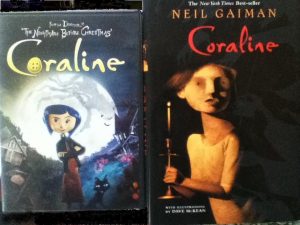The perks of being polyglot
March 15, 2017
There are approximately 6,500 spoken languages in the world, yet only 15-20 percent of Americans consider themselves bilingual (University of Texas). Countless studies exemplify the benefits of learning another language, but America lags behind. Often times when a foreigner is speaking their language, they are told by native born Americans to “speak English” because this is America. Not only are these comments offensive, but they are backwards. Speaking more than one language helps a person in many aspects.
A Swedish study from Lund University in 2012 showed that learning a new language has a visible effect on the brain. According to the Guardian, the experiment group, a group of young adult military recruits, learned Arabic, Russian or Dari diligently, while a control group of science students also studied hard in areas excluding languages. MRI scans showed parts of the brains of the experiment group developed in size, while the anatomy of the brains of the control group did not change. Heather Canenguez, a Spanish teacher, claims that learning Spanish has even “helped [her] to learn English grammar better.” The Swedish study also claimed the experiment group also had better language skills. Learning languages forces one to explore grammar and language structure in a new light. This exemplifies great significance about the beneficial nature of being multilingual, in terms of both brain wellness and overall language skill.
Familiarizing oneself with another language also aids in connecting with others from the culture, as well as understanding the language in its context. The meaning and feeling associated with a language is lost in translation. “I think language is a way of not only just speaking to each other, but getting a sense of people’s culture,” said Zainab Fayyaz (10). For instance, when translating a sentence into a different language, it translates literally, lacking the cultural context behind the words. With learning a new language, one is exposing themselves to a new culture. One can then connect with others from that specific culture. Being able to connect with others very different from oneself is a unique experience. It teaches about the world beyond the classroom.
Language is a medium of communication that allows one to form bonds with both similar and contrastive people. “I would not be here if I did not know [English] as a second language,” said Eva Pinilla (12), a foreign exchange student from Spain. Knowing more than just her native tongue has allowed Eva to experience more than she would as a monolingual person. Therefore, expanding her opportunities in life. The benefits of learning are vast, and the ease in accessibility to a language allows it to be more realistic. Classes at school and Rosetta Stone are not the only methods of learning languages. There are a plethora of free websites available to sharpen language skills in terms of speaking, reading, and writing. Many even have the option to engage with a native speaker. It is time to take the initiative and immerse one another in something new.
Below are just a few of the many free language learning websites available:








